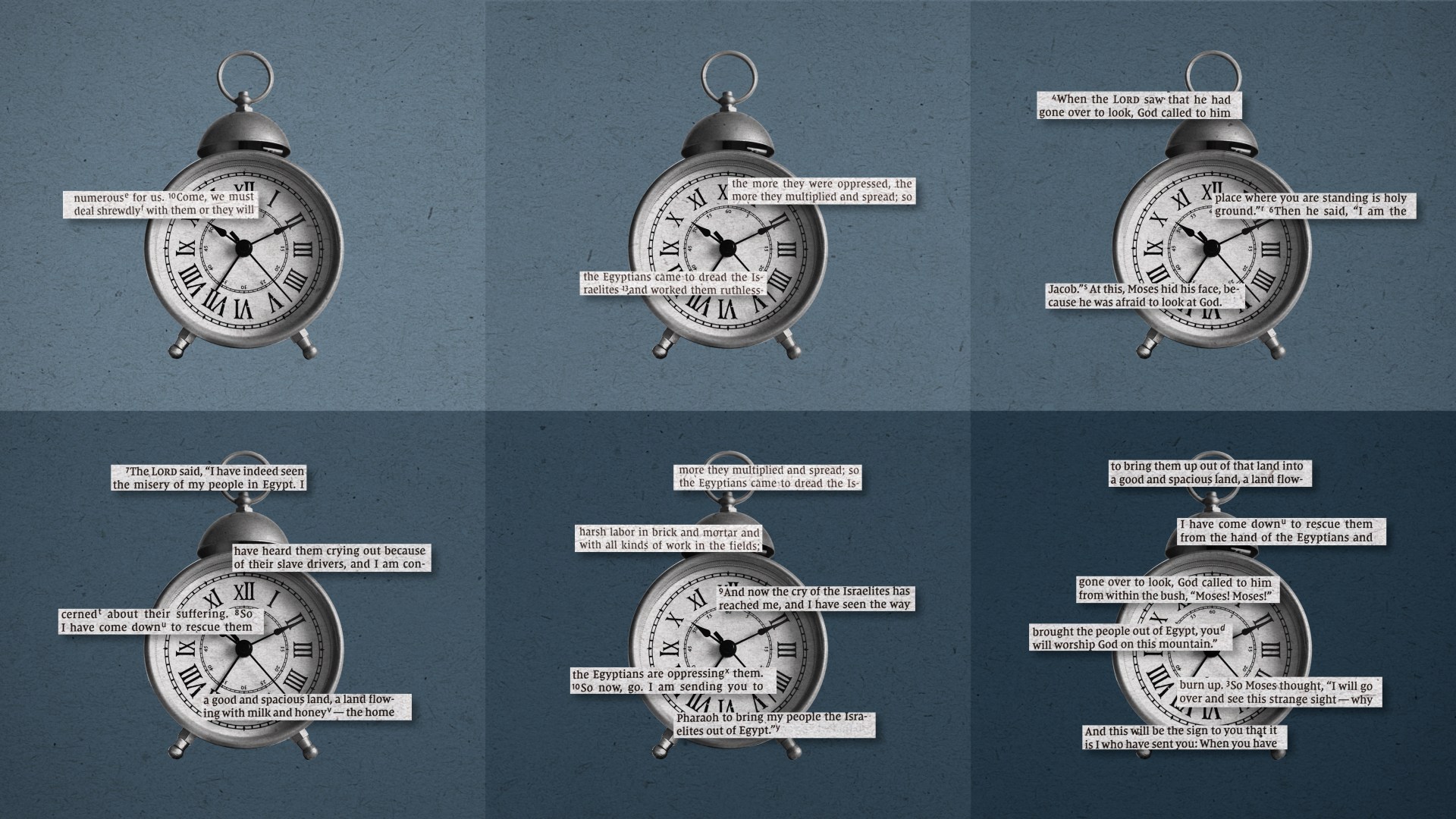When the first ATM was installed in my hometown in the 1980s, it felt like magic: Insert your card, take out cash.
Since then, we’ve learned to love not having to wait in just about every area of our lives. Products arrive at our doors within a day. Meals in a matter of minutes. Movies, books, and music appear on our devices instantly.
It’s wonderful. And it’s also worth weighing carefully. Rapid delivery teaches us that waiting is an enemy to be eliminated, standing between us and what we desire. With each quicker, more convenient development, we are attenuating our ability to wait.
But being able to wait is distinctly Christian. In fact, it is a mark of Christian maturity. The Bible speaks of waiting on the Lord, of being steadfast, and of bearing the spiritual fruit of patience. While most of us recognize that instant gratification is the habitat we inhabit, few have assessed how “waitlessness” may be forming us spiritually—specifically, how it may be shaping our approach to the Bible.
Around fourth grade, I was taught the spiritual discipline of spending “time in the Word.” Like many, I was encouraged to have a “quiet time,” 15 or 20 minutes in Scripture, preferably in the morning (because, you know, Jesus rose early in the morning). This practice was supposed to calibrate my day, to fill my spiritual tank for whatever the rest of that day might hold.
The underlying message: Have a quiet time, have a good day. Skip a quiet time, good luck. Combine that with an inclination toward instant gratification, and I began to see any quiet time that didn’t yield immediate emotional warmth or peace as essentially a fail.
I grew to approach spending time in the Word primarily as transactional instead of formational. It was a time to get what I wanted, when I wanted it, exactly how I wanted it. And I don’t think I’m alone.
Time in the Word is meant to be not merely informational or inspirational, but relational.
One of the most common frustrations I hear is that, despite daily quiet times, Christians feel God is distant. And judging from the pervasiveness of Bible illiteracy in the church, our daily quiet times may not be yielding the formative effect we hope.
When we think of quiet time as transactional, we treat Scripture as a debit account that offers us meaning or feeling on our timetable. Each day we insert our debit cards and withdraw 15 minutes of inspiration.
Instead, we should take a savings account perspective, where we make faithful deposits, investing ourselves over days and weeks and years without expecting immediate emotional or intellectual yield.
If we stick to a debit account approach, we will studiously avoid the parts of Scripture that take longer to understand, or we will misinterpret them to meet our wrong expectation that they serve our timetable. We will gravitate toward devotional reading over straightforward Bible reading.
By contrast, a savings account mentality understands how to wait. It is steadfast and patient. It knows faithful daily deposits will absolutely yield fruit—in season. At just the right time.
If you have ever walked through the valley of trial, you know what it is like to find years of faithful deposits bearing dividends. A patient, long-term approach is key. The Book of Ezekiel may not fix your day, but it may just sustain you in a lengthy trial if you give it your quiet times. The formational profit of spending time in the Word is more likely to emerge over 15 years than 15 minutes.
Time in the Word is meant to be not merely informational or inspirational, but relational. It trains us to listen to the voice of God in his Word, and it teaches us who he is. It is God inviting us into conversation for the purpose of relationship.
As in any relationship, quality time is essential. But quality time is a function of regularly occurring quantity time. It does not give us what we want when we want it, exactly how we want it. We can’t schedule it or demand it. It happens according to its own timetable and often when we least expect it.
Don’t buy the instant gratification, debit account perspective that you’re owed measurable wins, deep insights, or warm feelings because of your daily quality time with God.
Consider instead that your quiet time is a daily contribution to the savings account of quantity time. Relationships deepen and flourish with patience and steadfastness. In your time in the Word, wait on the Lord.










